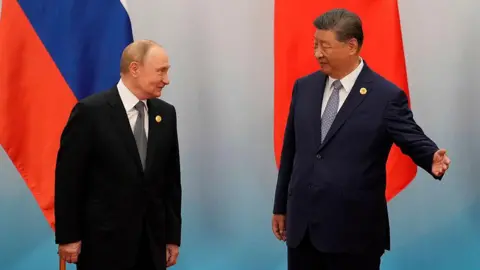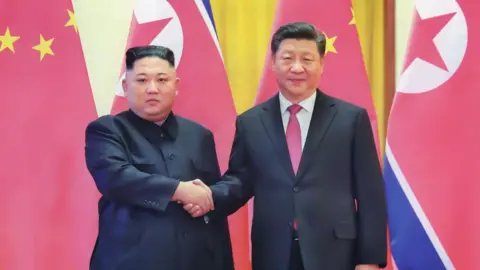The ruling coalition, having already lost its majority in the more powerful lower house, requires at least 50 seats of the total 248 in the upper chamber to retain control. NHK's exit polls suggest that they could secure between 32 and 51 seats, hinting at difficulties ahead for the coalition and raising the possibility of its first major failure since its inception in 1999. Should the coalition obtain fewer than 46 seats, it would signify its worst performance ever.
Since Ishiba’s ascension as Prime Minister in October 2024, he has struggled to earn voter confidence, especially in these challenging economic times compounded by inflation, particularly impacting rice prices and overshadowing governance with various political scandals tied to the LDP. A failure to secure a majority will cut the coalition's influence dramatically, potentially forcing Ishiba to resign—a path mirrored by previous LDP leaders who faced similar electoral setbacks.
As the landscape shifts, prominent figures within the party such as Sanae Takaichi, Takayuki Kobayashi, and Shinjiro Koizumi may emerge as contenders for the party’s leadership, which could further ignite political drama and instability, particularly amidst fraught trade discussions with the US.
Adding complexity to the scenario is the rise of the right-leaning Sanseito party, which has resonated with conservative voters through its isolationist policies and focus on anti-immigration sentiments—increasingly impactful topics in the electoral conversation. As the party gains traction, forecasts estimate that it could seize up to seven seats, capitalizing on public sentiment against the backdrop of a burgeoning immigrant population exacerbating local cost pressures.
In response, Ishiba has launched initiatives targeting the perceived misdeeds linked to foreign nationals, which may impact the government’s socio-economic dynamics. The unfolding political drama in Japan promises significant implications not only for governance but also for the country's international relations and social fabric moving forward.
Since Ishiba’s ascension as Prime Minister in October 2024, he has struggled to earn voter confidence, especially in these challenging economic times compounded by inflation, particularly impacting rice prices and overshadowing governance with various political scandals tied to the LDP. A failure to secure a majority will cut the coalition's influence dramatically, potentially forcing Ishiba to resign—a path mirrored by previous LDP leaders who faced similar electoral setbacks.
As the landscape shifts, prominent figures within the party such as Sanae Takaichi, Takayuki Kobayashi, and Shinjiro Koizumi may emerge as contenders for the party’s leadership, which could further ignite political drama and instability, particularly amidst fraught trade discussions with the US.
Adding complexity to the scenario is the rise of the right-leaning Sanseito party, which has resonated with conservative voters through its isolationist policies and focus on anti-immigration sentiments—increasingly impactful topics in the electoral conversation. As the party gains traction, forecasts estimate that it could seize up to seven seats, capitalizing on public sentiment against the backdrop of a burgeoning immigrant population exacerbating local cost pressures.
In response, Ishiba has launched initiatives targeting the perceived misdeeds linked to foreign nationals, which may impact the government’s socio-economic dynamics. The unfolding political drama in Japan promises significant implications not only for governance but also for the country's international relations and social fabric moving forward.




















